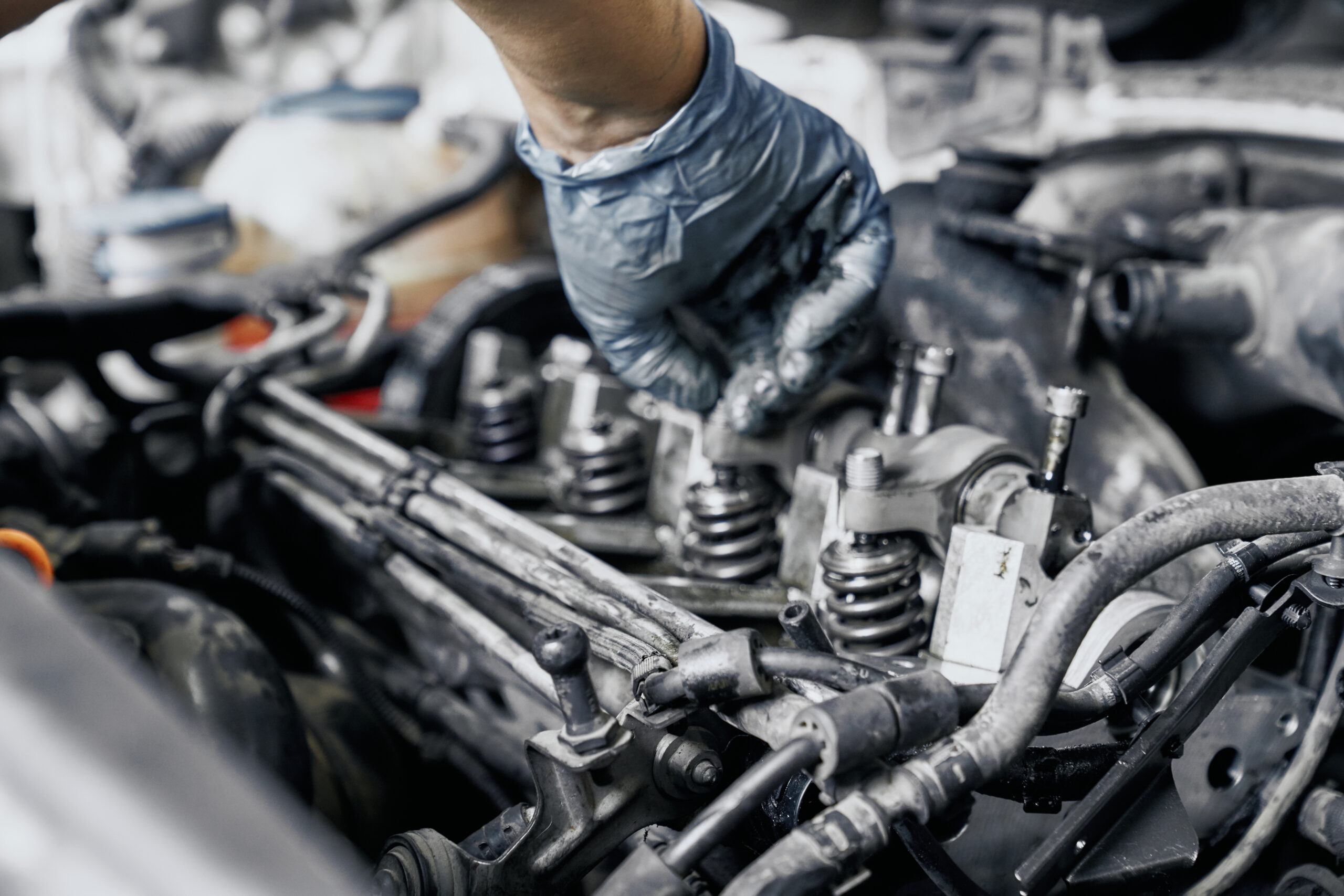Mastering Car Engine Repair
Car engine repair can be a daunting task for many car owners, but with the right knowledge and guidance, it’s a skill that anyone can master. Whether you’re dealing with minor maintenance or major repairs, understanding how your car’s engine works and knowing how to troubleshoot common issues can save you time, money, and frustration in the long run. In this blog post, we’ll explore the fundamentals of car engine repair, from basic maintenance tips to more advanced diagnostics and repairs.
Understanding the Basics:
Before diving into car engine repair, it’s essential to have a basic understanding of how an engine works. At its core, an engine is a complex system that converts fuel into mechanical energy to power your car. It consists of several key components, including the cylinder block, pistons, crankshaft, camshaft, valves, and fuel injection system.
Maintenance Tips: Regular maintenance is crucial for keeping your car’s engine running smoothly and preventing costly repairs down the road. Here are some essential maintenance tips to keep in mind:
- Change the oil regularly: Oil lubricates the engine’s moving parts and helps to reduce friction and wear. Make sure to follow the manufacturer’s recommendations for oil change intervals.
- Replace the air filter: A dirty air filter can restrict airflow to the engine, leading to reduced performance and fuel efficiency. Check and replace the air filter regularly to ensure optimal engine performance.
- Check the spark plugs: Spark plugs ignite the fuel-air mixture in the engine cylinders, so it’s essential to ensure they’re in good condition. Replace worn or fouled spark plugs as needed to maintain proper engine operation.
- Inspect the cooling system: The cooling system helps regulate the engine’s temperature and prevent overheating. Check the coolant level and condition regularly and replace it if necessary to prevent engine damage.
Common Engine Problems and Solutions: Despite proper maintenance, car engines can still develop issues over time. Here are some common problems you may encounter and how to address them:
- Engine misfire: An engine misfire occurs when one or more cylinders fail to ignite the fuel-air mixture properly. This can be caused by issues such as faulty spark plugs, ignition coils, or fuel injectors. Diagnose the problem using a scan tool and replace any faulty components as needed.
- Oil leaks: Oil leaks can occur due to worn gaskets, seals, or damaged engine components. Inspect the engine for signs of oil leaks and replace any faulty seals or gaskets to prevent further leakage.
- Overheating: Engine overheating can be caused by a variety of factors, including a faulty thermostate, coolant leaks, or a malfunctioning cooling fan. Check the cooling system components and repair or replace any damaged parts to prevent overheating.
Conclusion:
Mastering car engine repair requires a combination of knowledge, skill, and patience. By understanding the basics of how an engine works, performing regular maintenance, and addressing common problems promptly, you can keep your car’s engine running smoothly for years to come. Remember, if you’re ever unsure about how to repair a car engine issue, don’t hesitate to seek professional help from a qualified mechanic. With dedication and practice, you can become confident in your ability to diagnose and repair car engine problems like a pro.


